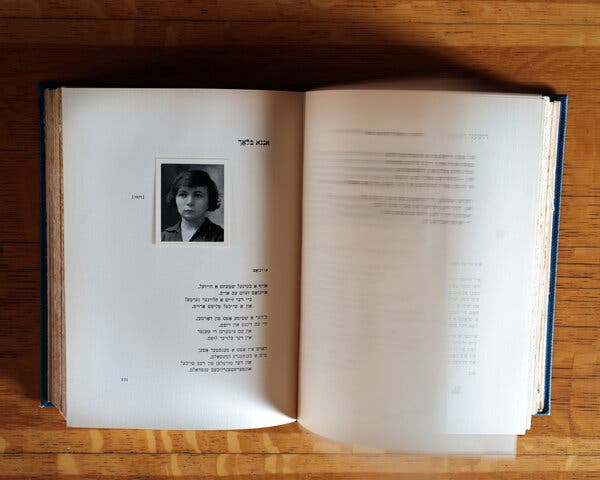Aaron Lansky was a young graduate student in Montreal in the late 1970s when he had an epiphany that changed the course of his life.
He had been taking courses in Yiddish literature at McGill University, but was finding it hard to find the books he needed. At times, he relied on older neighbors in Montreal’s vibrant Jewish community who would welcome the opportunity to chat with a young visitor over a cup of tea or a plate of noodle kugel before surrendering their books.
He came to realize that such home libraries were endangered resources: The generations of Yiddish-speaking immigrants who flocked to the United States and Canada beginning in the 1880s to escape pogroms and poverty were dying out, and most of their assimilated children and grandchildren did not speak or read Yiddish well. As a result, whole libraries filled with works of writers like Sholem Aleichem, I.L. Peretz and Sholem Asch — as well as science and history texts, translations of classics like Shakespeare and Guy de Maupassant, even cookbooks and sex manuals — were being consigned to dumpsters, attics and cellars.
That wintry day, Lansky, then 24 years old, decided on a seemingly quixotic quest: “To save the world’s Yiddish books before it was too late,” as he writes in his 2004 memoir, “Outwitting History.”

He took a two-year leave of absence from graduate school, recruited teams of volunteer collectors, or zamlers, and got to work schlepping cardboard boxes from scores of homes, schools and synagogues across the country and ferrying them to a 6,000-square-foot factory loft in western Massachusetts.
We are having trouble retrieving the article content.
Please enable JavaScript in your browser settings.
Thank you for your patience while we verify access. If you are in Reader mode please exit and log into your Times account, or subscribe for all of The Times.
Thank you for your patience while we verify access.
Already a subscriber? Log in.
Want all of The Times? Subscribe.
